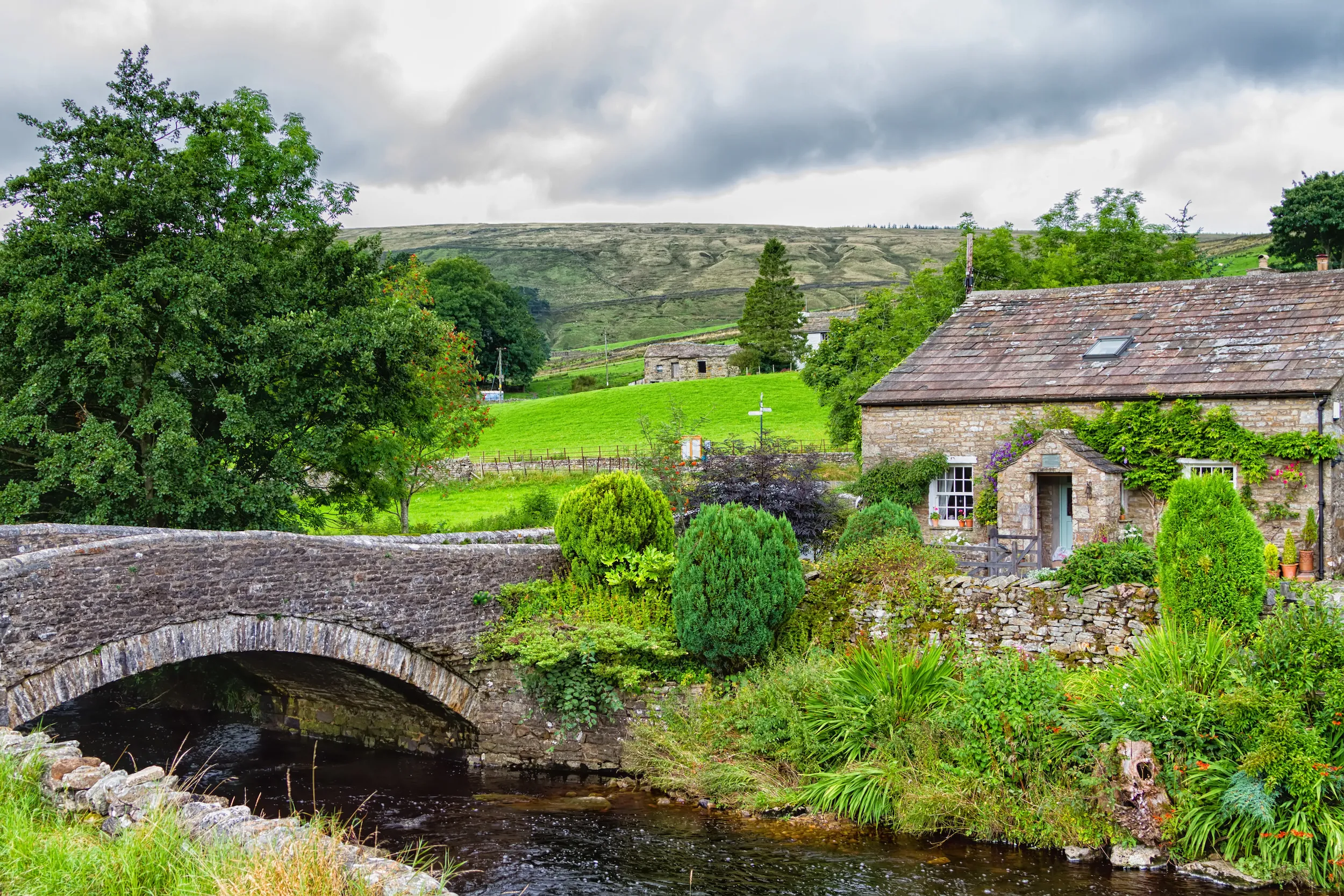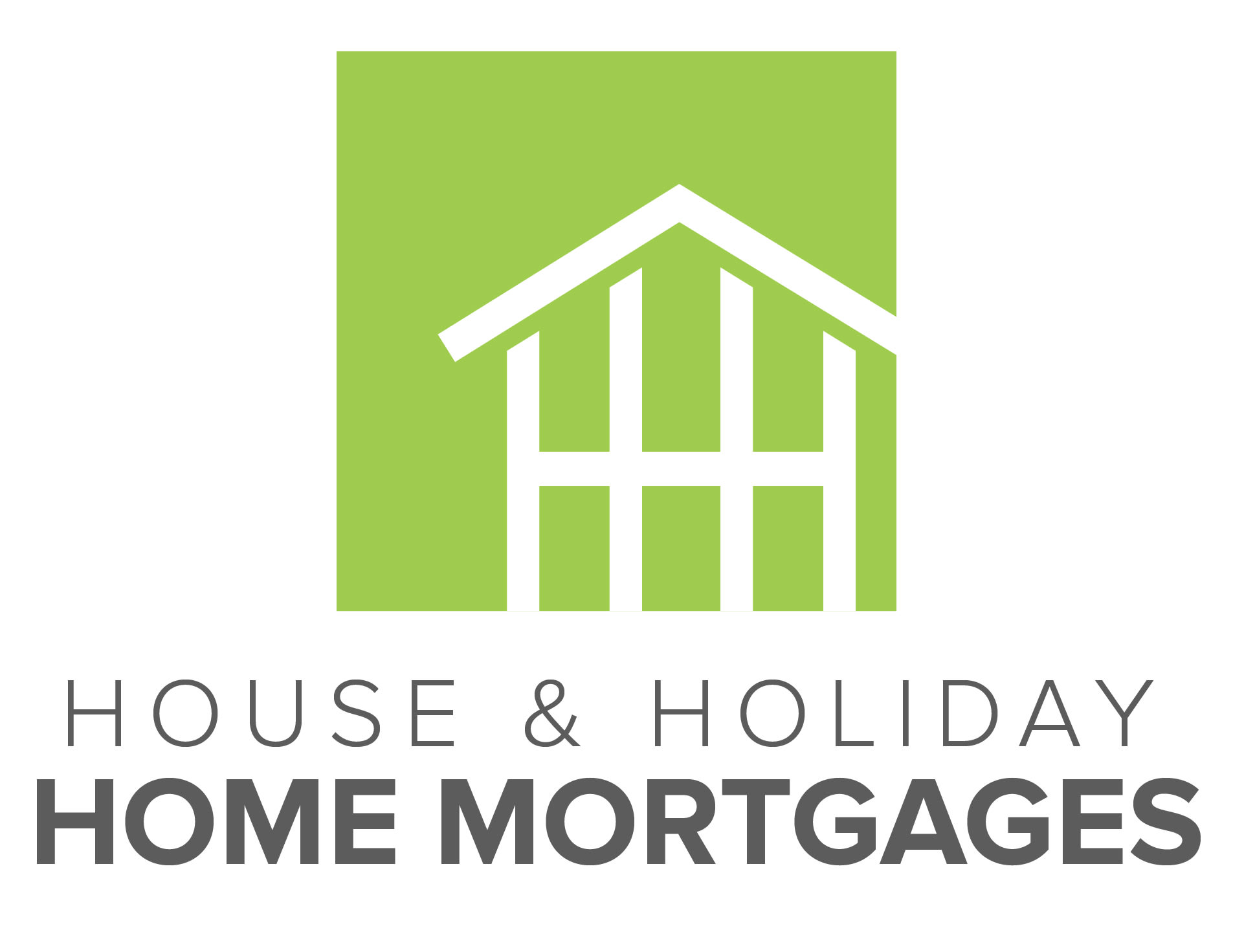Are holiday homes and holiday lets a good investment?

When it comes to investing in property, there are several options available.
You might be interested in expanding your property portfolio and generating a second income with a buy-to-let. You may be looking for a second home to reduce your commute during the week or enjoy as a bolthole for weekend getaways.
Or you might just wish to purchase a holiday home in your favourite town, city or coastal resort to take advantage of the growing trend for staycations.
The latter option is becoming extremely popular, with many people looking to buy a holiday home for their own enjoyment or to rent it out as a furnished let to tourists and holidaymakers.
Here, we look at the different types of holiday home investment and the pros and cons.
Why holiday homes are a good investment
Many people dream of investing in a holiday home, whether as a retirement property, a family bolthole to enjoy unlimited holidays during the year, or to rent out as a holiday let to generate a second income.
The global coronavirus pandemic, and the restrictions on foreign travel that it’s brought about, mean that more Brits than ever are taking holidays – or staycations – in the UK.
The growth in demand for UK holiday rentals is only set to grow over the next few years, which means there has arguably never been a better time to invest.
So, while owning a holiday home for your own use can make an excellent long-term investment, a holiday let can also prove to be lucrative in the short-term too, provided you do your homework, invest in the right property and get the finances right.
What are the advantages of investing in a holiday let?
HMRC views holiday let properties as revenue-generating businesses, so you may be eligible for certain tax benefits if you invest in one. These benefits aren’t available to traditional buy-to-let landlords and can greatly affect the returns you can generate from your rental income.
For example, you may be able to claim tax relief on the full amount of mortgage interest you pay on a holiday let mortgage, compared to the limited allowance buy-to-let landlords can currently claim.
You may be able to offset all the running expenses of your holiday let against your tax bill, including maintenance costs, bills and the cost of replacing household essentials.
And depending on how you operate your holiday let business, you may also be able to claim additional Capital Gains Tax and Inheritance Tax relief, as well as paying Business Rates, instead of Council Tax, on the property.
Bear in mind that to qualify as a holiday rental business, it will need to be advertised as a furnished holiday let, be available for letting for at least 210 days of the year and be let out for at least 105 of them. However, you’ll be able to enjoy the property and stay there whenever it’s not rented out.
The above information is just guidance. It’s essential to seek advice from an independent accountant or tax professional before proceeding, so you can understand exactly what tax benefits you may be eligible for and any obligations investing in a holiday let property may create.
What are the pros and cons of owning a holiday let property?
As with most big financial commitments, there are plenty of benefits – but also a few drawbacks – to bear in mind when it comes to holiday property ownership.
On the plus side, holiday let properties in prime locations – such as tourist hotspots, coastal resorts or popular rural destinations – tend to deliver high rental yields, especially at peaks times, such as the school holidays, or over the festive period. For example, in peak season, a holiday let property can earn up to 30% more in rental income than a standard residential buy-to-let.
If you get your marketing right, you can create a pipeline of bookings to maximise your rental profits. Thanks to the internet and social media, reaching a broader audience of potential guests is much easier.
And if you shop smart, and buy a run-down holiday property to develop, or one in an area that suddenly becomes popular, then the potential long-term capital appreciation is greater.
On the downside, holiday lets in popular tourist destinations tend to be more expensive to buy. The markets are also more competitive, which may put pressure on the price you can charge to let your property out, which can impact your profits.
It’s also worth bearing in mind that as a holiday let landlord, you’ll be responsible for the upkeep and maintenance of the property. So, if you’re planning on buying a holiday home and running it as a letting business, you may need to invest in better appliances and amenities – such as hot tubs, superfast wifi, digital TV subscriptions etc – to make your property more attractive to paying guests.
How do I get a mortgage for a holiday property?
If you’re looking to buy a holiday home – either for your own personal enjoyment or to rent out as a furnished holiday let – then unless you’re a cash buyer, you’ll probably need a mortgage to make your dream a reality.
Navigating the holiday home mortgage market without any knowledge or expertise can be fraught with difficulty, so you may need help from a specialist mortgage broker.
With the right advice and guidance, securing a holiday home mortgage can be a relatively straightforward process. Our expert team has over 40 years of experience in the holiday let market and is dedicated to taking the stress away from getting the right mortgage.
We’ll provide honest, straightforward advice and guidance on the right way forward and help you arrange the deal that’s right for you to make your investment a holiday let property as pain-free as possible. For more information, get in touch today.

